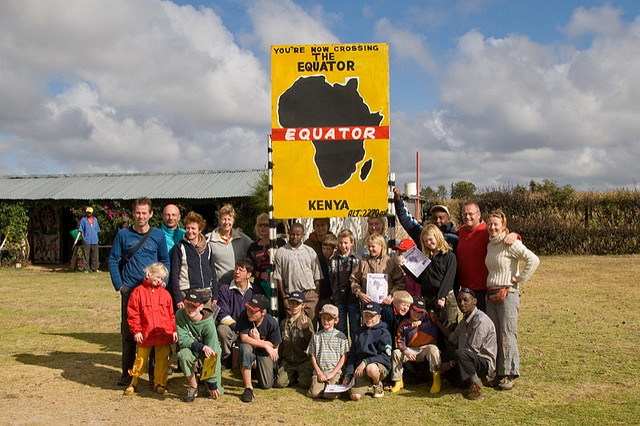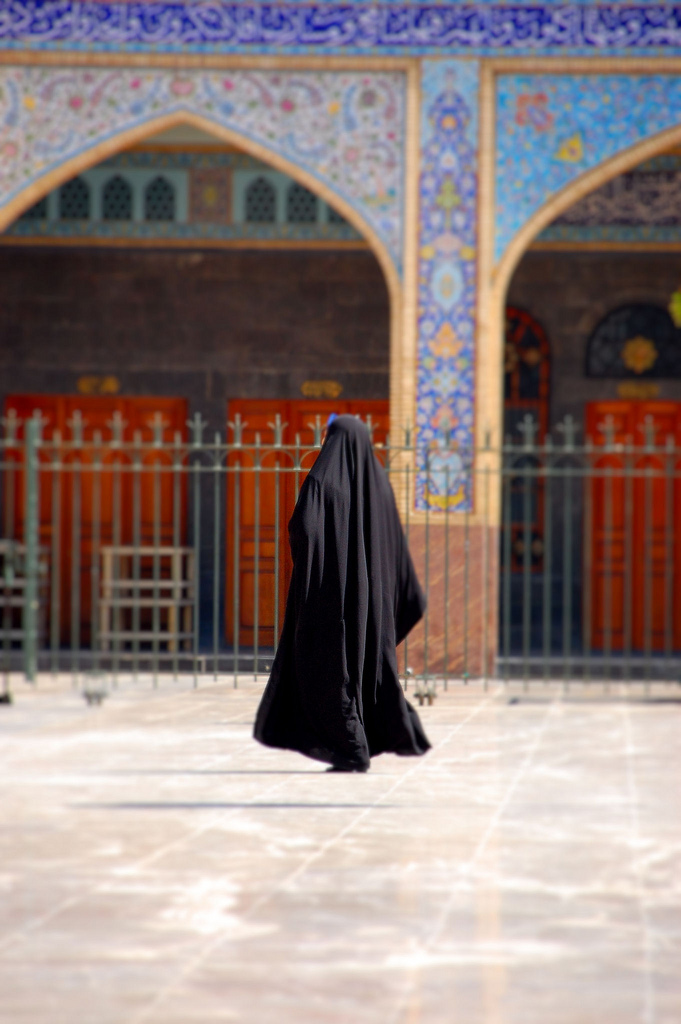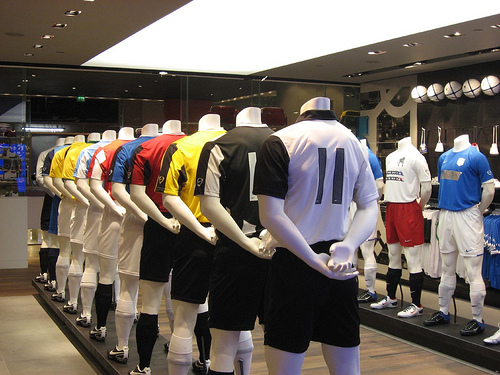“You cross the equator as you drive down to Mombasa,” the tourist says with authority. He is adamant, he will not be corrected.
“The tour bus driver stopped a few kilometres after Voi,” he continues, “and all seven of us stepped out of the minibus and crossed some imaginary line called the equator.” He has photos to prove it! I do not have the heart to ask him if he had seen the “You are now crossing the equator” sign off the road. I could imagine him and his travelling companions haranguing the hapless driver, insisting that they really did want to cross the equator.
The poor, worn-down driver might have debated with himself on whether to leave them on the wayside for the man-eaters of Tsavo to find them, or to bend a geographical fact just a little bit.
“Would this lie change the face of the world and stop the mother of all wars?” he might have pondered. Most probably not, so he left the authoritative tourist in his ignorant bliss, with photos to prove it.
For the record, dear tourist, you cross the equator while driving away from Mombasa, away from Nairobi, heading up north. When you reach the equator, a sign by the road will let you know that you are now crossing the imaginary line. And you will have photos to prove it.

Kenya is an English-speaking country because the British Empire paid us a visit once upon a time and stayed for longer than three days. That also answers your query about why my English is sooo good. We do not have tribal languages – nowhere in Africa will you find anyone speaking a tribal language. We have African languages. Like you, we have mother tongues, national languages, and official languages. But if you insist on asking, dear tourist …
“How do you say ‘Hello’ in Kenyan?”
“We don’t.”
“You don’t?” There’s a look of incredulity on her face. “You don’t say ‘Hello’ in Kenyan?”
“I mean, we don’t speak Kenyan. No one speaks Kenyan.”
I’ll give the girl some credit. She at least knows where Kenya is located in Africa. Kenya, a country of great wildlife, authentic photo safaris, pristine white beaches, coconut trees, the Maasai, an ocean with waters of 28°C and the fastest long-distance runners (Aren’t they simply amazing?).
However, Kenya is more than that. Reading up a little on my country before coming to visit will go a long way. A good travel guide is a must. Do us Kenyans a favour by going to the market place, daring to take local transport and trying out our local dishes, however strange they may appear to be. That is how we say “Hello” in Kenyan.
We have a fair amount of sunshine, given that Kenya lies in the tropics. However, when it gets muggy in Europe with the mercury caressing +40°C, do not assume that the heat wave does not bother me since I “must be used to the heat in Africa” in the same way I do not assume that you, having grown up in mild climates, must be used to wintry subzero temperatures.
It’s true that we have extraordinary long-distance runners in Kenya and our athletes excel all over the marathon map. But what is not true is this: I am a Kenyan, therefore I run. All of us did not grow up running many kilometres to school barefoot, up hills and down valleys. It is also not true that the reason for our athletic prowess lies in the water. Rather, it lies with the lions. Yes, Simba and his pride. We Kenyans are perpetually running away from our ferocious, man-starved lions, for many kilometres on end, up hills and down valleys.
(I’m kidding.)
Kenya – and by extension, Africa – is not a bubbling petri dish of pathogenic bacteria that could decimate the human race any second now. If you, dear tourist, are concerned about la tourista (traveller’s diarrhoea), rest assured that Africa has no monopoly on this. It’s also to be found in London, Paris, Tokyo, or New York, where you probably come from.
You can sleep comfortably knowing that we not only have water in Kenya, but we also know how to boil and filter it to make it fit for consumption. We wash our fruits and vegetables; we even wash our hands. With soap. Looking for Evian? You should try our brands of bottled mineral water sourced from our own mineral springs.
Now for a little geography lesson.
If you are French and wish to climb Mount Kilimanjaro, you’ll have to go to Tanzania. Of course you can land in Nairobi and then drive all the way down to Tanzania. You can see Mount Kilimanjaro very well from Kenya, no fear. But trust me on this one: Mount Kilimanjaro is very much in Tanzania. Disregard what the travel agencies advertise, ignore the “Kenya: Do a Safari! Climb Kilimanjaro!” posters in the Parisian metro. Check your map of East Africa. See that sudden detour on the Kenya-Tanzania border that starts at the coastline heading inland? That’s where the map drawers went “oops!” and skirted around Mount Kilimanjaro. Or perhaps they hiccuped over their nth beer, causing their fingers to slip, and ended up with a straight-but-uneven border. Whatever the case, if you see “Visit Kenya! Visit Mount Kilimanjaro!” on a tourist brochure don’t get your geography all tangled up.
But do pack your bags and come visit. Come see – not climb – the mountain while heading down to Mombasa. Come speak Kenyan with us! The journey will be worth the destination.
Jean Thévenet, a work-at-home mum, was born and raised in Kenya. She now lives in France and blogs at http://hearthmother.blogspot.com.



